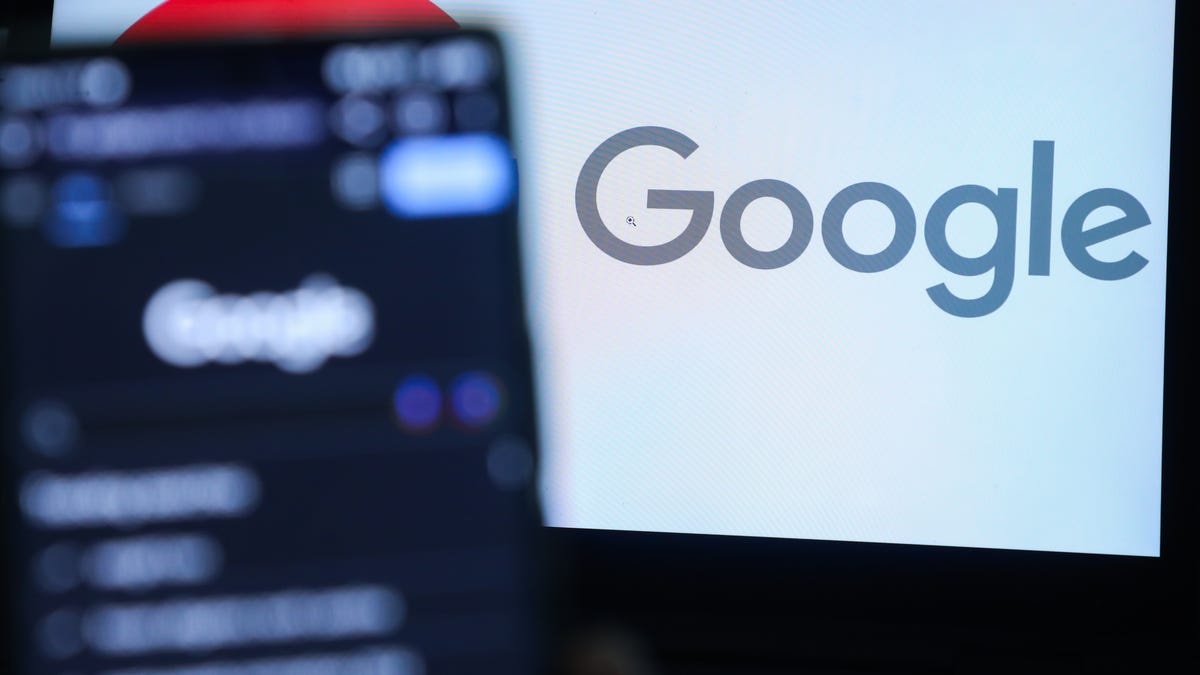In This Story
The Department of Justice could block Google (GOOGL) from being the default search engine on Apple’s (AAPL) iPhone as part of its antitrust victory against the tech giant.
In August, a federal judge ruled that Google monopolized the online search engine market. Analysts at Jefferies (JEF) said a “very likely” outcome could be that the Justice Department will opt to ban Google from paying Apple to be the exclusive search engine on the popular smartphone.
That could pose a major blow to Apple’s revenues. According to the analysts’ estimates, revenue from this deal is around $25 billion for the year, or about 6.3% of Apple’s revenue and a whopping 20% of its pretax profit.
This ban could take place over the course of several years and may not altogether prevent Google from having any revenue-sharing agreement with Apple. Instead, it would block the two tech giants from having an exclusive deal that would shut out other search engines.
Apple stock was flat as of Thursday morning, trading at $231.96 per share. The tech giant has a market capitalization of $3.52 trillion — the largest in the world.
Federal judge Amit Mehta said in his decision that Google’s exclusive agreements with companies like Apple allowed it to hike prices for advertisers without any blowback.
To address Google’s monopoly in the search engine market, the Justice Department said in a court filing earlier this month that it’s looking for remedies that would prevent and restrain any present and future maintenance of its dominance.
This would include “behavioral and structural remedies that would prevent Google from using products such as Chrome, Play, and Android to advantage Google search and Google search-related products and features” — which could also mean breaking up the company.
While the ruling and subsequent DOJ proposals have knock-on effects on the iPhone maker, Apple stock was largely unharmed by the ruling. Jefferies noted that the sales performance of the recently released iPhone 16 and rollout of its artificial intelligence features, Apple Intelligence, are more important short-term drivers.
The analysts said they are worried that market expectations for next year’s iPhone, the iPhone 17, are too high and that AI hardware tech on smartphones may have to wait until the iPhone 18 in 2026 to be fully developed.

